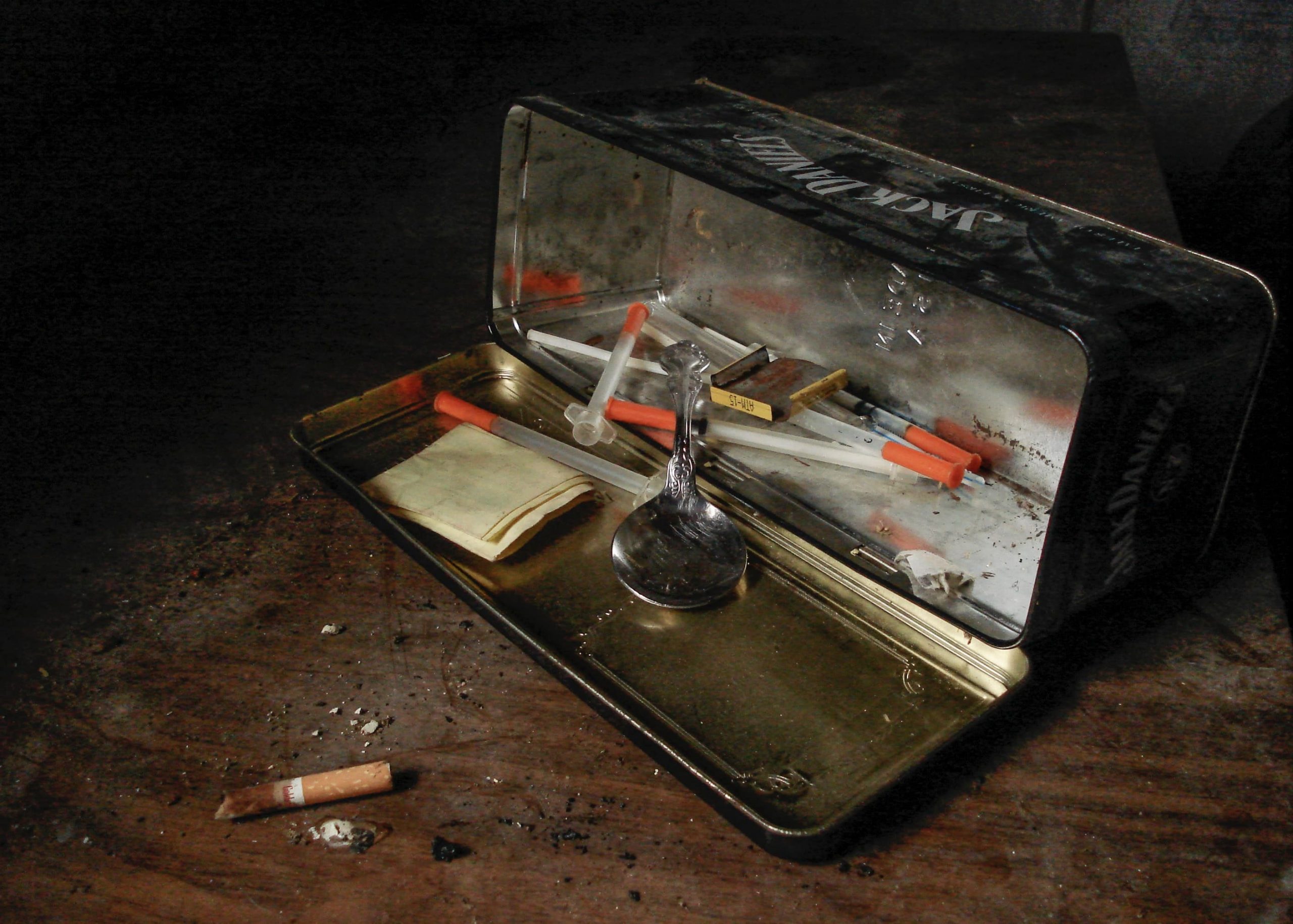When you are at the end of your rope in dealing with your troubled teen, it may be time to look at residential treatment centers. These programs help troubled teens with a range of issues, from ADD/ADHD to substance abuse. There are residential treatment centers located all over the country, so it can be very overwhelming to find the right residential treatment center for your child. Take some time to review the common questions parents have about residential treatment centers.
Checking out the different residential treatment centers requires a lot of research, so it’s a good idea to gather some of the most common questions that you should ask that will really help you separate the best ones from the ones that may not meet your needs. When you can get detailed information from the facility, you can make the best decision for your family.
The first question to ask is what kinds of behavioral, mental and emotional issues does the facility specialize in. When determining the specific treatment methods used by a facility, you should also find out about the operational details, like how long has the facility been running, if they are licensed by their state and the credentials of the director and the staff members, especially doctors and therapists who will be the ones treating your child. It’s ok to ask for proof of credentials as well because there is all kinds of public information on this available to you.
Another question to ask the residential treatment centers is for references from current or past program participants. This feedback will give you insight into all kinds of aspects of the program, from how they run the facility to how staff members interacted with parents. It will also help you measure a residential treatment center’s success rate in actually providing real, life-changing results with the troubled teens they promise to help.
Academics is a key part of a good residential treatment center, and you should always ask about the education component of any program. The teaching staff may or may not be state certified, so find out who will be educating your child as well as accreditation and the curriculum. You should ask about the educational standards and you can even contact the accreditation organization for more details on their expectations.
Admission and finances should spark a lot of questions about the facility. When it comes to admissions, ask about the specific criteria and how selections are made, as well as who conducts interviews and evaluations. This is another opportunity to ensures that the residential treatment facility you are looking at really has the staff and program to deal with your teen’s particular issues. Always ask about your child’s individualized treatment program if they are accepted, such as how often will my teen receive therapy and how frequent will reassessments occur to note progress. Ask about how emergency situations are handled and review what kinds of permissions are needed from you to either start or stop a specific treatment.
Even though this is a scary time and you are extremely worried about getting your troubled teen some help, when you ask the common questions parents have about residential treatment centers, you can feel better about making a final choice once you have all the information on hand.








0 Comments